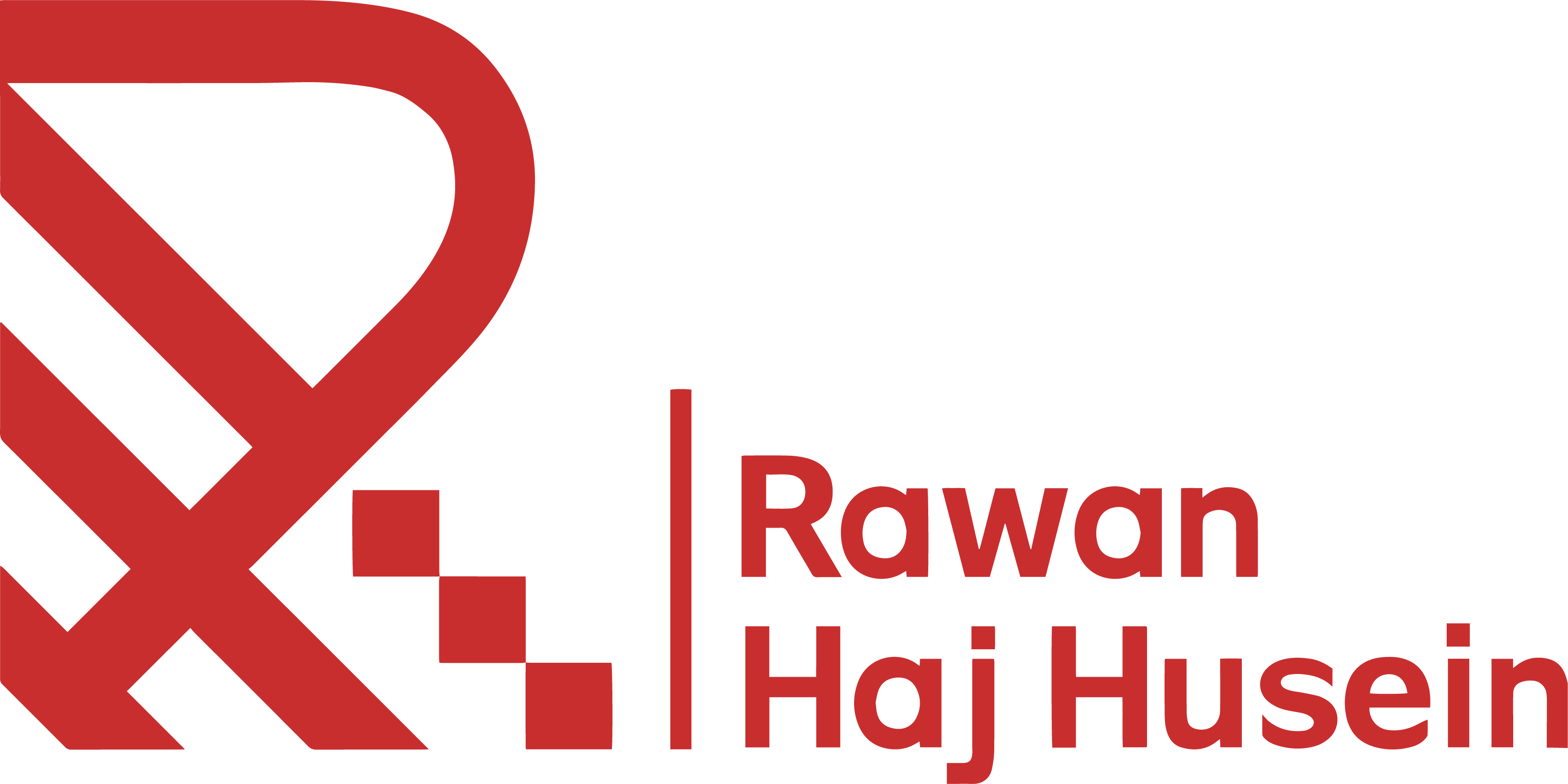The journey for individuals during life coaching can vary depending on the individual’s goals and needs. However, here are some common steps that individuals may experience during their life coaching journey:
Self-Assessment: The first step in the life coaching process is for the individual to assess their current situation, including their strengths, weaknesses, values, and goals. This helps them identify areas where they want to improve and set clear goals for the coaching process.
Goal-Setting: Once the individual has completed their self-assessment, the next step is to set specific, measurable, achievable, relevant, and time-bound (SMART) goals. These goals will form the foundation of the coaching process and will be used to track progress.
Action Planning: Once the goals are set, the life coach will work with the individual to create an action plan that outlines the steps needed to achieve those goals. This may involve breaking down larger goals into smaller, more manageable tasks.
Accountability: A key role of the life coach is to hold the individual accountable for taking action and making progress towards their goals. This may involve regular check-ins, progress tracking, and identifying obstacles that may be preventing the individual from making progress.
Skill Building: Depending on the individual’s goals, the life coach may also provide guidance and support to help the individual build specific skills or knowledge that are necessary for achieving their goals.
Reflection and Evaluation: Throughout the coaching process, the individual and the coach will reflect on progress, evaluate the effectiveness of the coaching process, and make any necessary adjustments to the goals or action plan.
Overall, the journey for individuals during life coaching is a collaborative process that is focused on helping the individual achieve their goals, develop new skills, and gain greater clarity and self-awareness.


